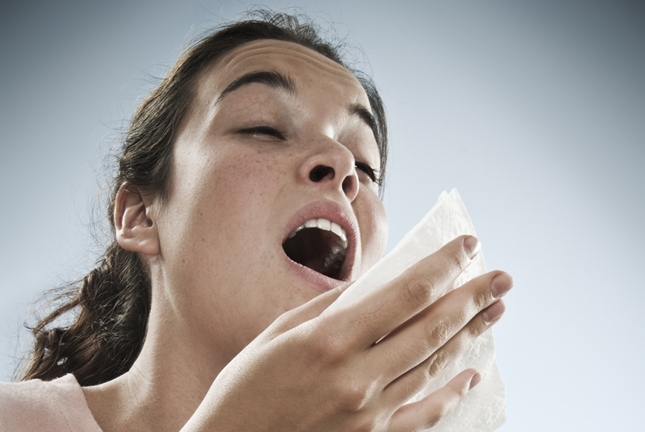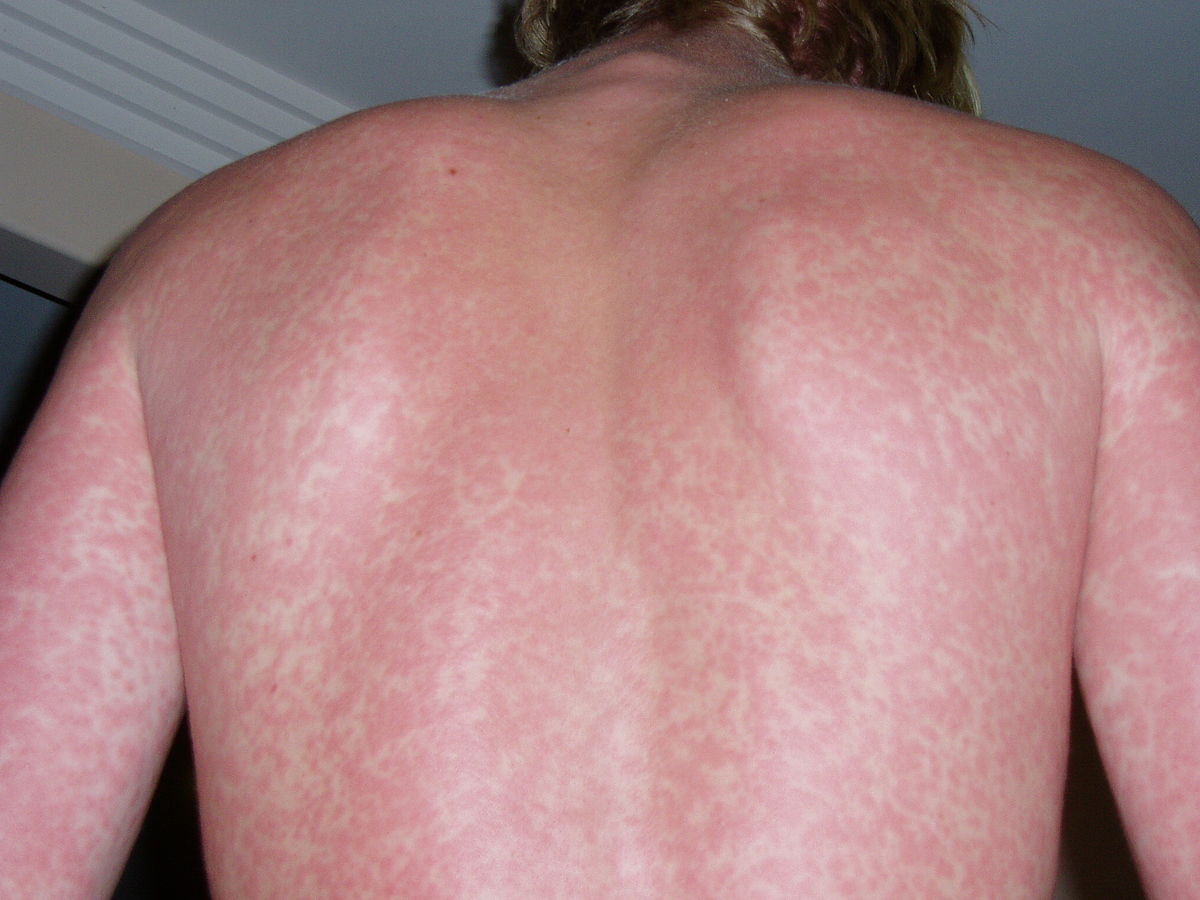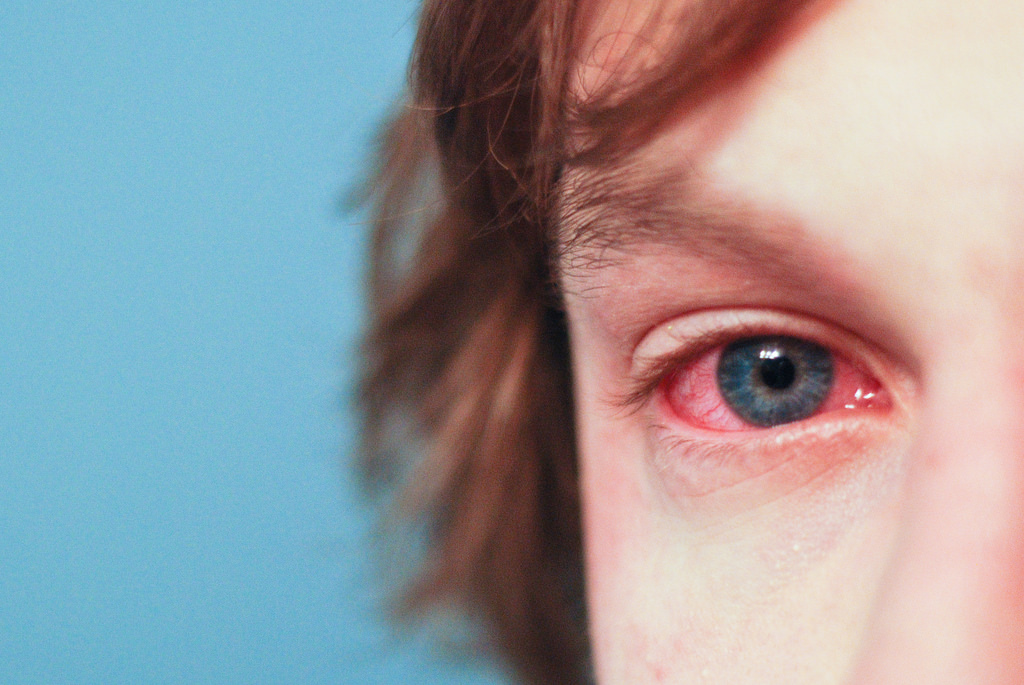Do you spend your days sneezing and sniffling? Are you constantly wiping your eyes or wondering what’s causing your skin rashes? If so, you may have an allergy. Here are some tips to help you spot the signs of an allergy and survive allergy season.
What exactly is an allergy?
An allergy occurs when you experience an adverse reaction to an allergen. There are hundreds of different allergies out there. The most common allergies include hay fever, food allergies, and allergies to dust and pet hair. When you have an allergy, and you are exposed to the allergen, your body triggers an allergic reaction. Chemicals are released by your immune system, which causes you to suffer from allergy symptoms. In the majority of cases, allergens are completely harmless. For many people, eating nuts is absolutely fine. But for others, even being exposed to nut traces could cause a very serious reaction.
It’s not known why some people have allergies and others don’t. Sometimes, there may be family history or an increased risk due to environmental factors.
How do I know if I have an allergy?
Sometimes, allergies are very easy to detect. Do you experience symptoms when you come into contact with specific foods or substances? Do you develop signs of an allergy in the spring and summer when people are mowing their lawns and flowers and plants are in bloom? Common allergy symptoms include skin irritation, sneezing and itchy, sore eyes. In severe cases, people may experience swelling and breathing difficulties. This is known as anaphylactic shock.
If you keep developing symptoms, but you can’t pinpoint a cause, try and keep a diary. Write down everything you eat and drink and where you’ve been that day. Over the course of a few days or weeks, you should be able to narrow down the possible contenders.
What can be done for allergies?
If allergies are making your life a misery, don’t panic. There are treatments and solutions out there. If you think you may have an allergy, see your doctor. Often, they can diagnose allergies based on symptoms. If the allergen is unclear, they may suggest running some tests.
The most common treatment for allergies is antihistamine medication. Antihistamines block the action of the chemical called histamine. Histamine is released by the body when you come into contact with an allergen. This medication helps to alleviate symptoms. If you have a food allergy, you should read labels carefully and try and avoid specific foods. You should find that common allergens, including gluten, soya, and nuts are clearly marked on packaging. If you have a dust allergy, vacuum your home frequently and buy hypoallergenic bedding.
If you have hay fever, the summer can be a nightmare. Don’t let allergies ruin your holidays this summer. Ask your doctor for treatment recommendations. In most cases, antihistamines are very effective. You could also try eye drops and nasal sprays. It‘s also a good idea to wear sunglasses and to keep your windows and doors closed.
If you’re sick of sneezing or rubbing your eyes constantly, now is the time to conquer allergies for good. Seek advice from your doctor, and stop allowing allergies to make your life a misery.












Comments are closed.